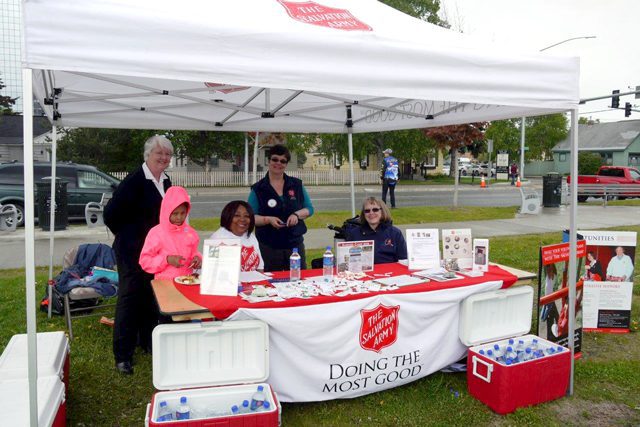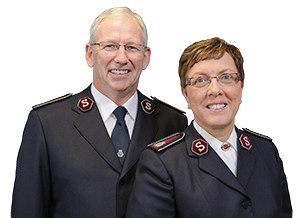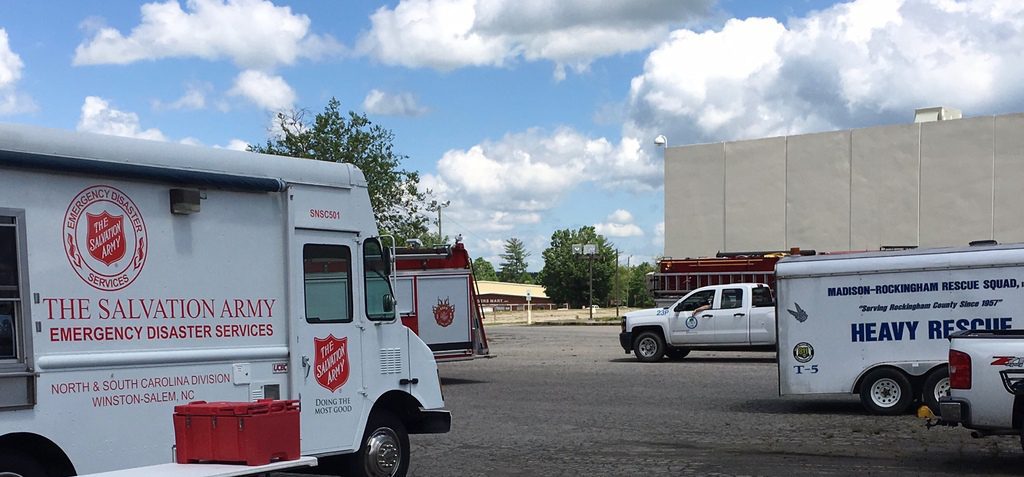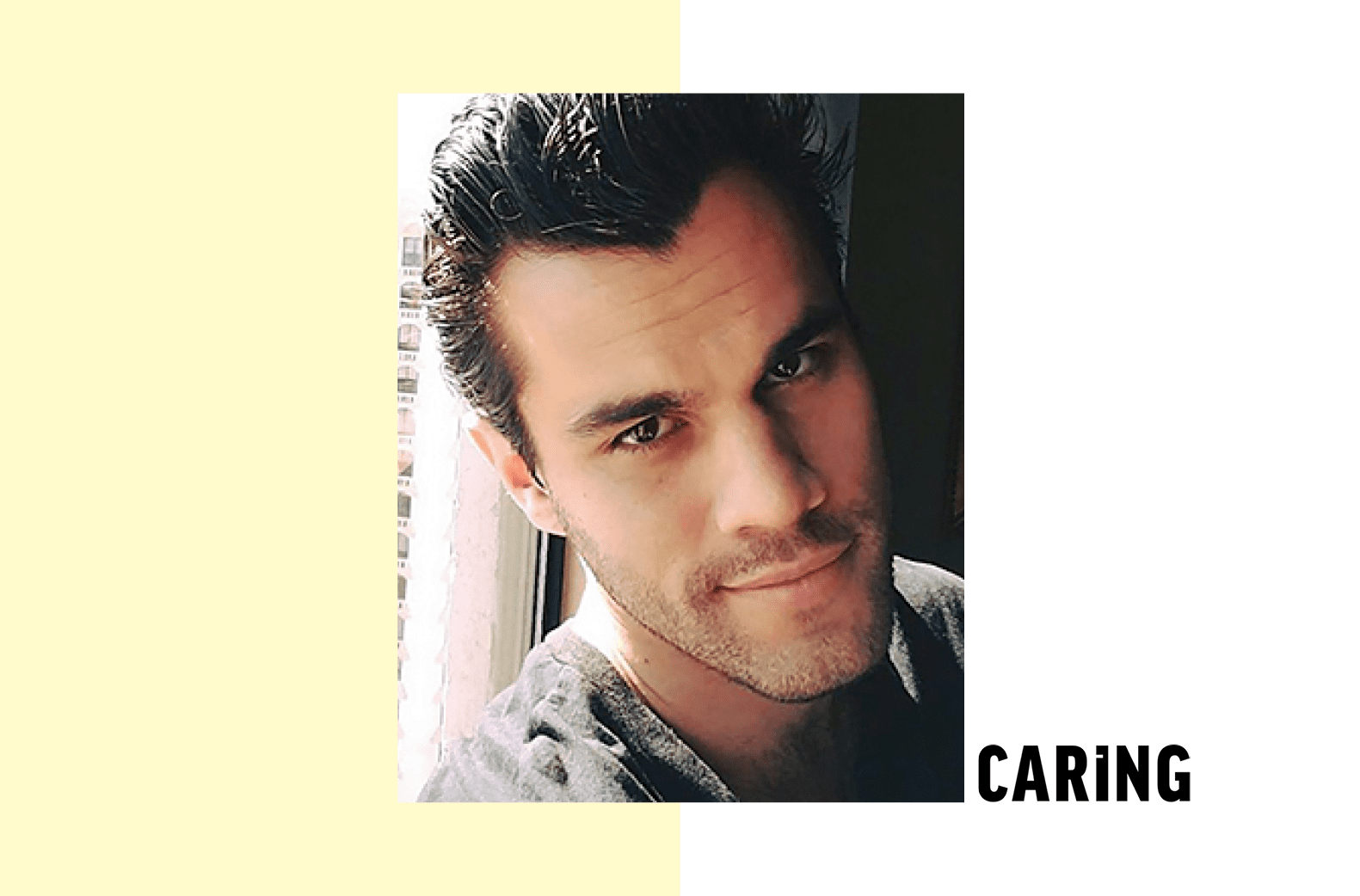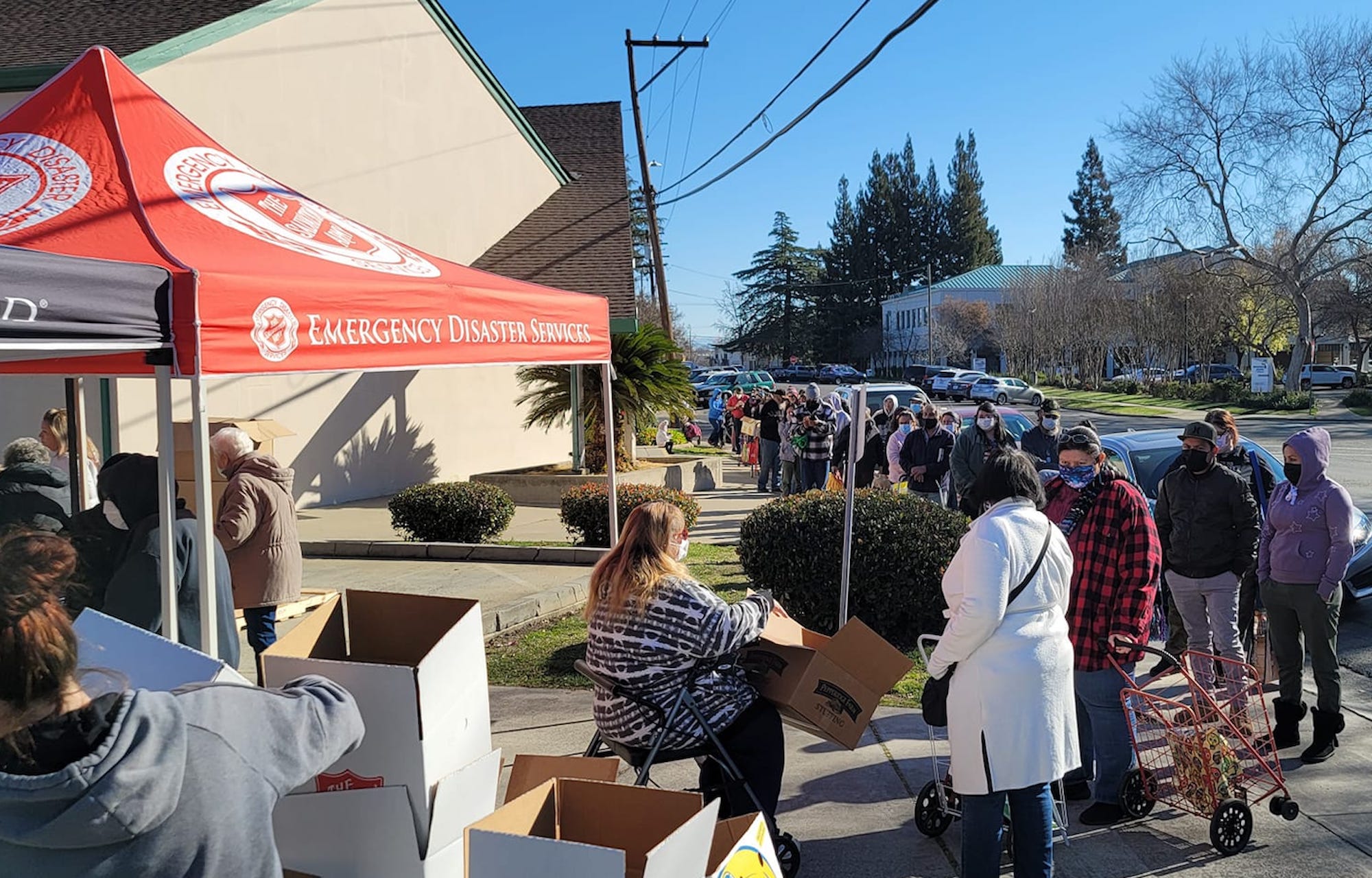A former exotic dancer helps trafficking victims start fresh.
By Dulcinea Cuellar –
Julie Shematz grew accustomed to using her body to make money. Being exploited became a way of life for several years.
Formerly an exotic dancer, Shematz now works as director of social services for The Salvation Army in Tampa, Fla., helping other women, men and children find a way out of being trafficked and exploited.
“It’s a story of God’s grace and redemption,” Shematz said.
Human trafficking is not a story everyone wants to talk about and yet, simple dialogue is not enough. Policymakers are calling for serious action in Tampa and around the globe.
President Barack Obama designated January as Human Trafficking Awareness Month in 2012, urging all Americans to “help healthcare workers, airline flight crews, and other professionals better identify and provide assistance to victims of trafficking.” Additionally, the designation promises that the government will “combat human trafficking, prosecute the perpetrators, and help victims recover and rebuild their lives.”
The U.N.’s International Labor Organization estimates a record-high 21 million people are enslaved in the world today. According to U.N. Office of Drugs and Crime, human trafficking rakes in $32 billion in annual revenue—more than the NFL, NBA, MLB and NHL combined.
“The numbers aren’t a deterrent, I’m always motivated to help the next person find freedom and a new life,” Shematz said.
In Florida, The Salvation Army and its partners have hosted a series of workshops and summits all over the state to bring awareness to human trafficking. Florida ranks number three in the nation for the amount of calls to the National Human Trafficking Hotline number, which provides confidential counseling and helps to link victims and survivors with legal and social assistance.
Shematz runs and operates one of the few safe houses in the area, providing an environment that is comfortable and conducive to restoration. Inspirational messages run across the walls, beds are attractively made, and the space feels welcoming, not institutional.
Law enforcement and Department of Homeland Security officials, judges and community members often refer trafficking victims to Shematz and The Salvation Army.
Since it opened last year, 28 people, including five men, have stayed at the shelter. The safe house structure is transitional, meant to be a temporary solution to get survivors off the streets and away from their trafficker. The client then works with caseworkers to develop a long-term plan and next step options, from moving into their own apartments, rehabilitation programs or other shelters.
For Mary, a 32-year-old mother, meeting Shematz was a turning point.
A Tampa police officer found Mary and learned she was sometimes homeless and being exploited by a boyfriend. She stayed in the safe house for a couple of months before transitioning into a more stable environment. The safe house may be temporary, but the support is unconditional.
“This place has been a real blessing,” Mary said. “I’m not sure what I would have done without it.”











